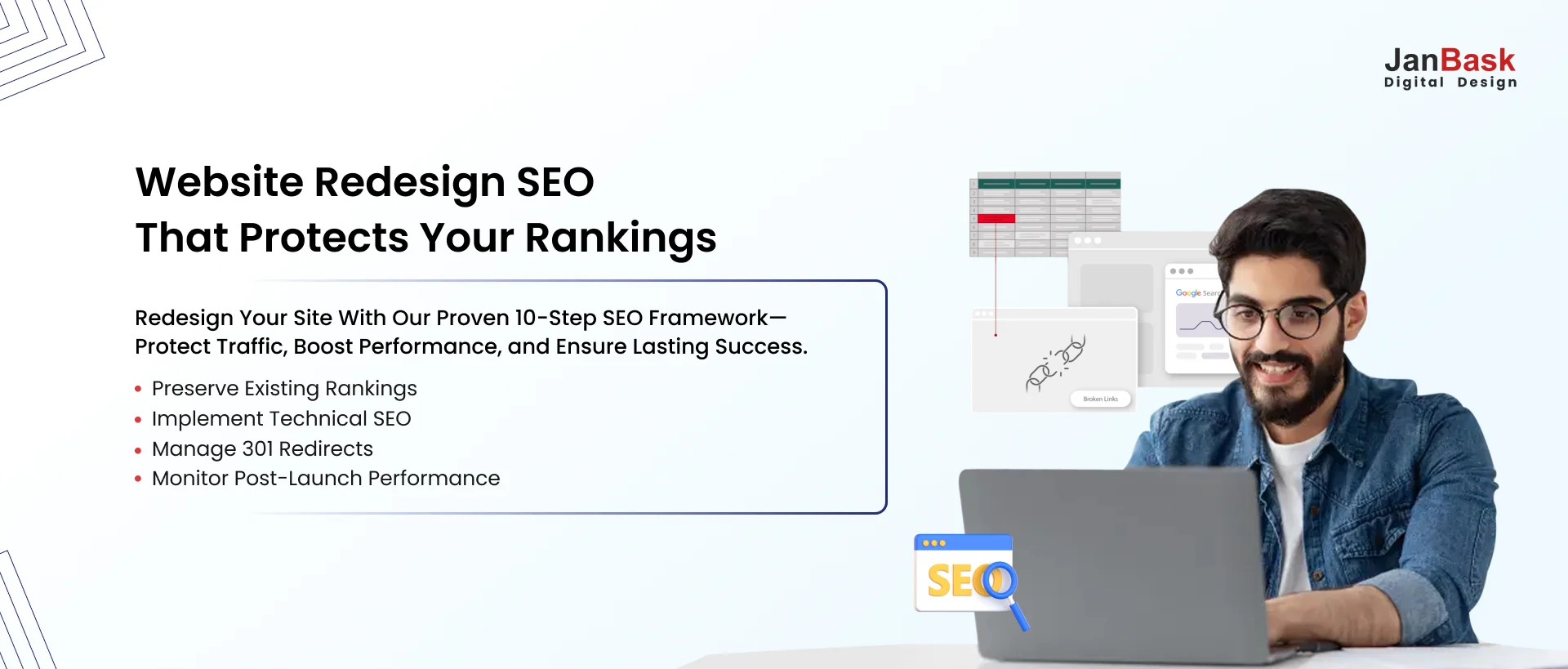Blog

February 9, 2026
Know The 13 Best Online Marketing Strategies That’ll Level Up Your Business!
As you know, the internet has dramatically changed how businesses are built and promoted: one can have access to a...


February 9, 2026
Know The 13 Best Online Marketing Strategies That’ll Level Up Your Business!
As you know, the internet has dramatically changed how businesses are built and promoted: one can have access to a...
